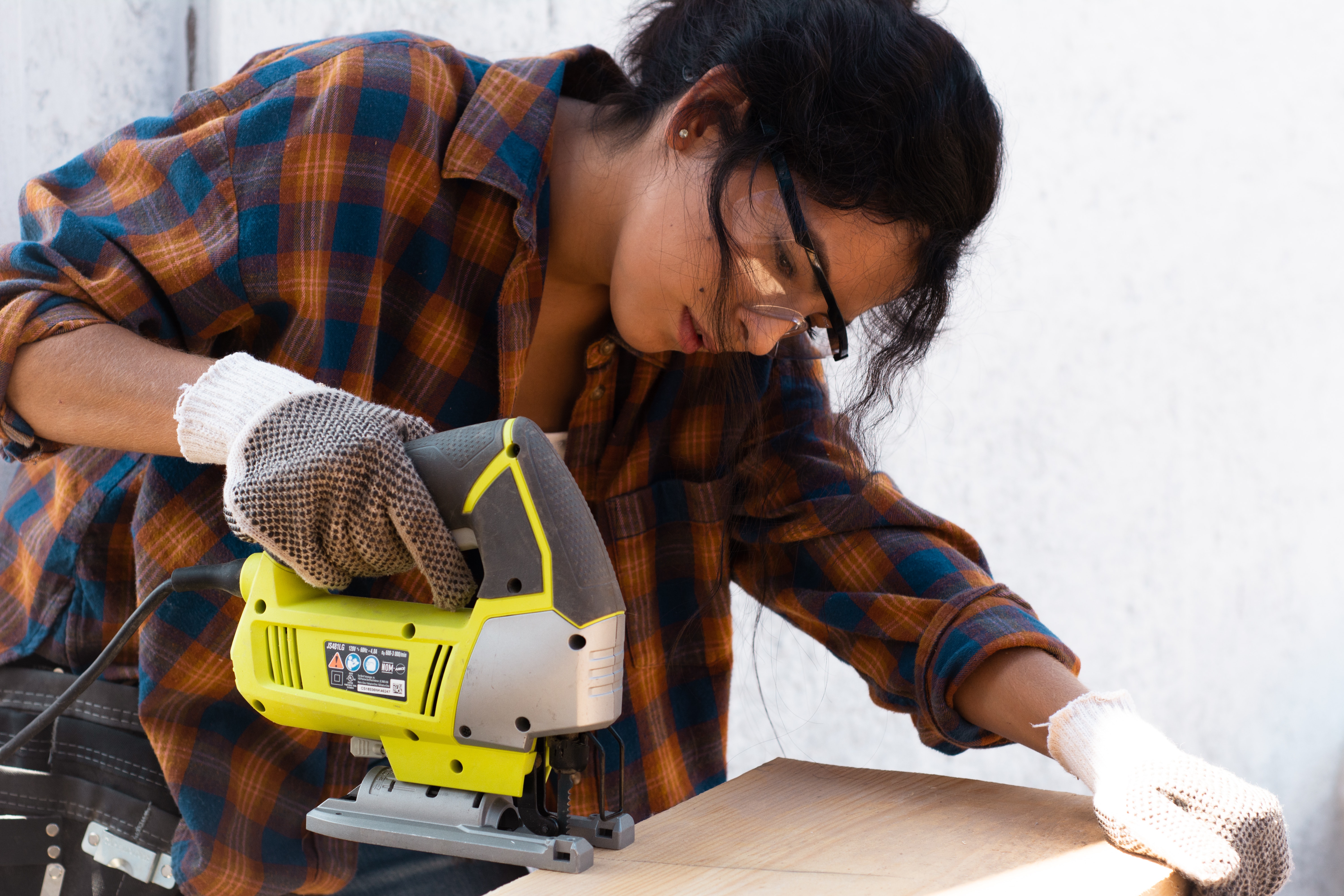Diversity in the Residential Construction Industry
- Earn Money While Learning: Rather than graduating from university with tens of thousands of dollars in debt, you can begin your career with cash on hand.
- Countless Possibilities: Become a supervisor, a manager, or even establish your own company.
- Look at the Results: Work with both your hands and your intellect, improve your abilities, and witness the results.
- Contribute to Canada’s Societal Needs: building or renovating for more energy efficiency, renovating for aging in place, working on social housing, or simply building or renovating more houses so all Canadians have a place to call home are all very real contributions that everyone working in the industry makes to Canada as a whole.
- Financially Beneficial: A skilled trades career can be quite rewarding. Some tradesmen earn more than $60,000 per year right out of school, which is twice as much as an average entry-level job in Canada. Many experienced skilled tradespeople earn well over $100,000 per year.


The residential construction is not just a man’s world. more and more women are joining the industry, and all are welcome. The industry holds many opportunities for women to grow and flourish in their careers.
Want to learn about inspiring women in the residential construction industry? Check out this article and see which women are leading by example.
Interested in getting into the trades, but not sure where to start? Check out the National Leadership Development Program.
Here's why women should join a career in construction:

- High incomes: Women who work in construction and trades earn up to 30% more than women who work in traditionally female-dominated fields such as administrative assistants and childcare.
- Job opportunities: The demand for construction employees is going to increase to over the next ten years. Women will have more opportunities for high-paying, steady careers because of this.
- Satisfaction and Pride: Being able to construct anything from the ground up is one of the most satisfying experiences. Working in construction helps women to experience this sense of accomplishment and the pride from completed construction projects.
- Develop skills: Teamwork, project management, and working with technology and tools are all abilities that can be applied to different industries and jobs.
- Leadership opportunities: Women can increase team performance, provide fresh insights, develop their careers, and have space for advancement because of the shortage of female leaders. And – just like anyone else – with experience women can lead their own companies too!

Did you know that the construction is one of the biggest employers of Indigenous people in Canada? There are ongoing efforts to assist Indigenous peoples in getting started in the construction sector, as well as a variety of supportive resources for those interested in skilled crafts.
The Indigenous Skills and Employment Training (ISET) program can help you get training or upgrade your skills while also assisting you in finding a job that is in high demand. Click here for more information.


New Canadians are choosing to enter the skilled trades. Some are learning the professions for the first time, while others are continuing to work in rewarding trades careers that they learned before coming to Canada.
Did you know that the Canadian government offers The Federal Skilled Trades Program? This program is for skilled workers who want to become permanent residents based on being qualified in a skilled trade. To learn more about this initiative click here.
Not sure where to start? Click here
Find out what job is right for you, take the job assessment quiz!
Sources:
- https://theundercoverrecruiter.com/construction-needs-more-women/
- https://buildingexcellence.ca/2021/05/20/women-in-construction-leading-by-example-sum2021/
- https://renovated.com/how-to-get-into-construction-as-women/
- https://www.careersinconstruction.ca/en/why-construction/opportunities-women
- https://www.careersinconstruction.ca/en/why-construction/opportunities-indigenous-people
